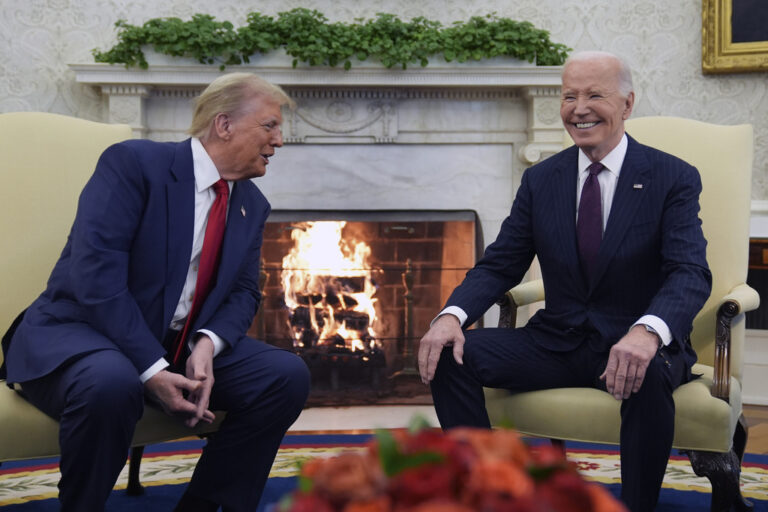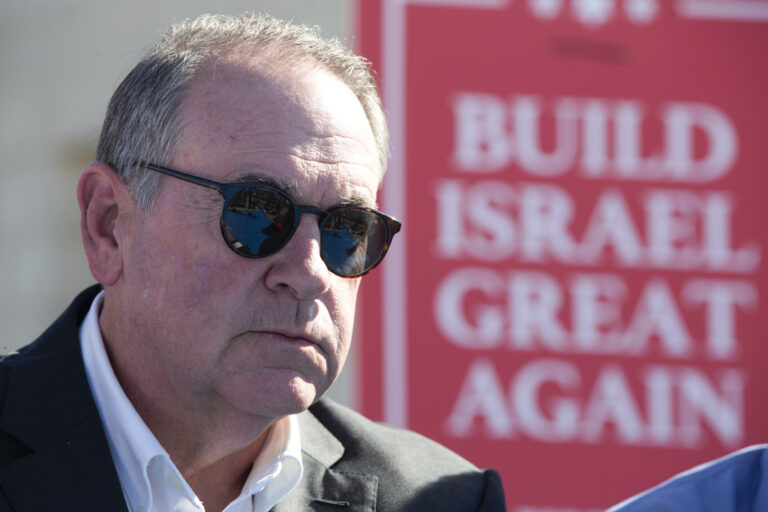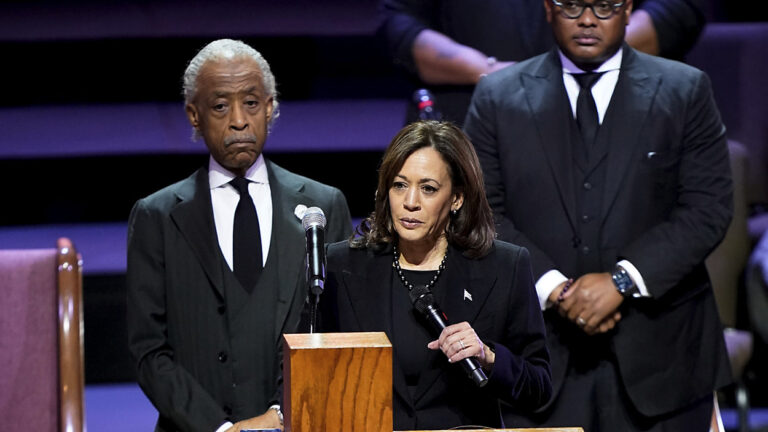 The latest OECD (Organization for Economic Cooperation and Development) Economic Survey, which was presented to Prime Minister Binyamin Netanyahu by OECD Secretary-General Angel Gurria, the report gives Israel a high rating for maintaining a stable economy. However, despite the impressive rating, there is much work to be done as cited in the report, which also addresses growing poverty and inequality and well as the growing socio-economic divide as a result.
The latest OECD (Organization for Economic Cooperation and Development) Economic Survey, which was presented to Prime Minister Binyamin Netanyahu by OECD Secretary-General Angel Gurria, the report gives Israel a high rating for maintaining a stable economy. However, despite the impressive rating, there is much work to be done as cited in the report, which also addresses growing poverty and inequality and well as the growing socio-economic divide as a result.
The report speaks of the need to increase competition, citing the alarming fact that Israel ranks in second place for member nations and an economic gap between higher and lower economic status. The report is in line with the complaints from a growing number of families that have become known as Israel’s ‘working poor’, those who have working parents yet their insufficient salaries do not permit them to remain afloat economically. The report speaks of this widening gap between the rich and poor, stating “by boosting investment in infrastructure and promoting skills, particularly among disadvantaged groups can both enhance social cohesion and raise long-term growth.”
This however does not eliminate the positive as Gurria told Israeli cabinet members that growth rates have exceeded most of the OECD member nations for over a decade.
In his response to the report, Prime Minister Binyamin Netanyahu made the following comments on Sunday, 21 Shevat, at the start of the weekly cabinet meeting.
“I would like to welcome another international initiative that I had the honor of leading, along with the then finance minister, Yuval Steinitz. This was the initiative for Israel to join the OECD. The OECD is composed of the world’s leading economies and it sets important standards for the proper and advanced operations of modern economies. We have made contact with the head of the OECD, Angel Gurria, who is a faithful friend of the State of Israel and of advanced economies. I think that one of the blessings is the link with Angel, with the fact that he is a consummate professional and a man without bias from whom it is possible to learn very much, and from an organization from which it is possible to learn very much. Therefore, today we are marking five years of productive cooperation with the OECD.
This report positively notes Israel’s economic strength, the high growth, the low unemployment and the budgetary responsibility that we are – of course – proud of. However, it also indicates major disparities, disparities between population groups, mainly among the ultra-orthodox public and Israel’s Arab citizens, and, to be more precise, chareidi men and Arab women who must be brought into the labor market, increased productivity, the severe problems we have in overregulation and, of course, excessive bureaucracy. The State of Israel, sadly, stands out vis-à-vis the severe problems that we have in these areas, and the government must deal with this.
The OECD is also quite positive regarding the gas outline. This issue, of course, is current. We also discussed it at the special summit we had last week with the leaders of Greece and Cyprus. This is an important part of the State of Israel’s diplomatic and economic axis; the State of Israel is ensured of the supply of inexpensive energy in the coming decades.
Angel, I just summarized your summary, but you are free to elaborate on this. I think the relationship between us has been especially productive, both personally, but also for us on a national level. It’s very important for us to see best practices. I agree with just about everything that you say, except one thing: I believe that part of our growth has resulted from lower taxation and lower tax rates. And I think our tax rates are not too low. I think they’re not low enough and to the extent that we can lower them further, we shall lower them further. This is the one point of disagreement I have with you. Other things we agree. We cannot agree on everything otherwise they’ll accuse us of group-thinking. But it’s a special pleasure to welcome you here.”
(YWN – Israel Desk, Jerusalem)










